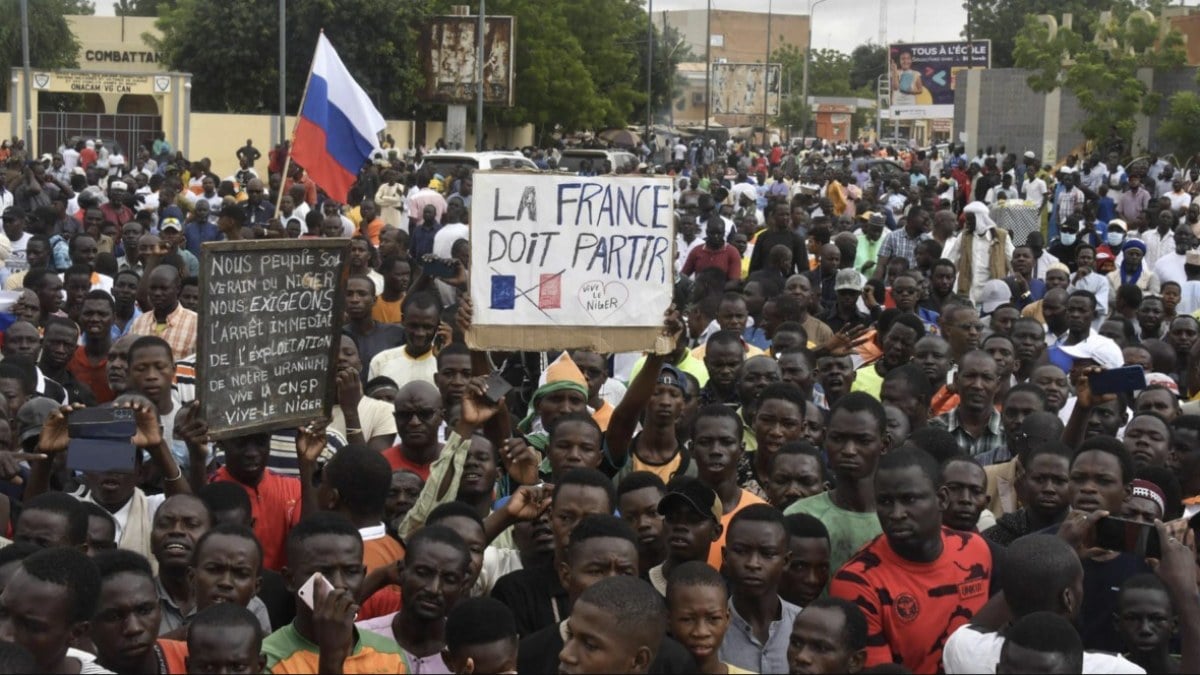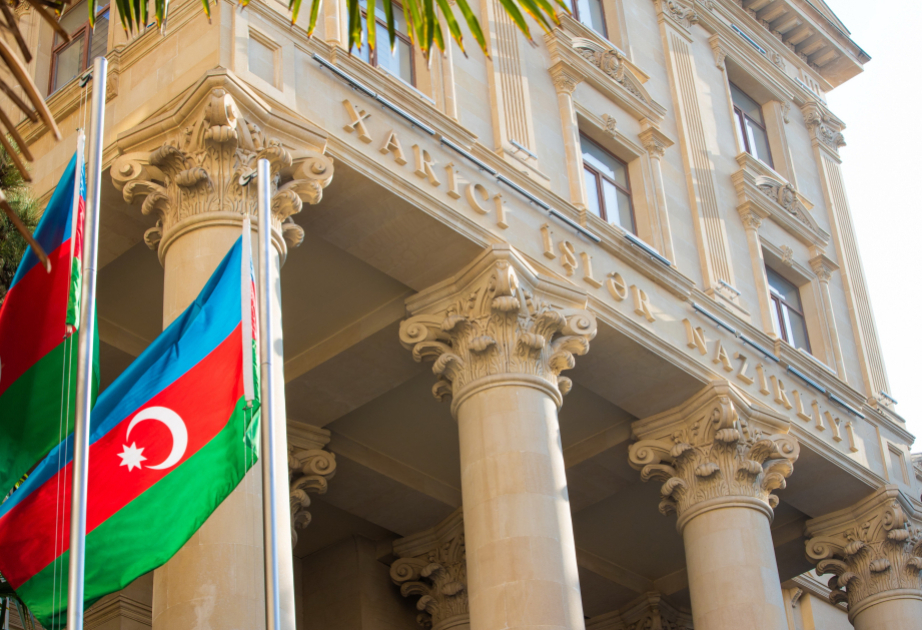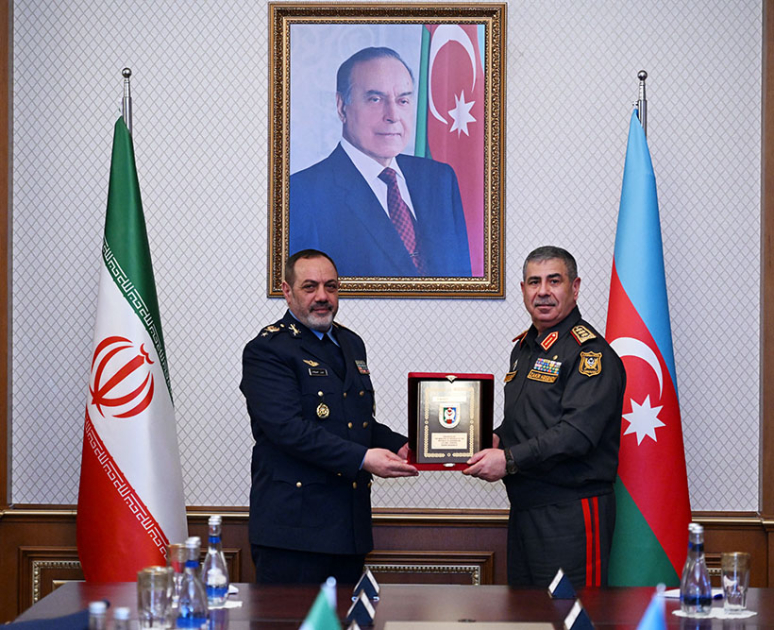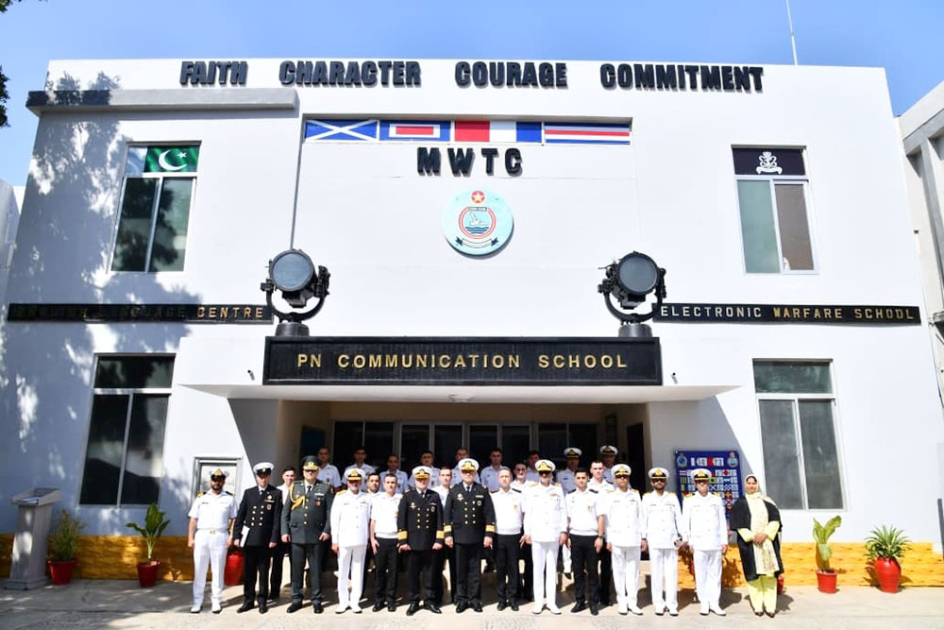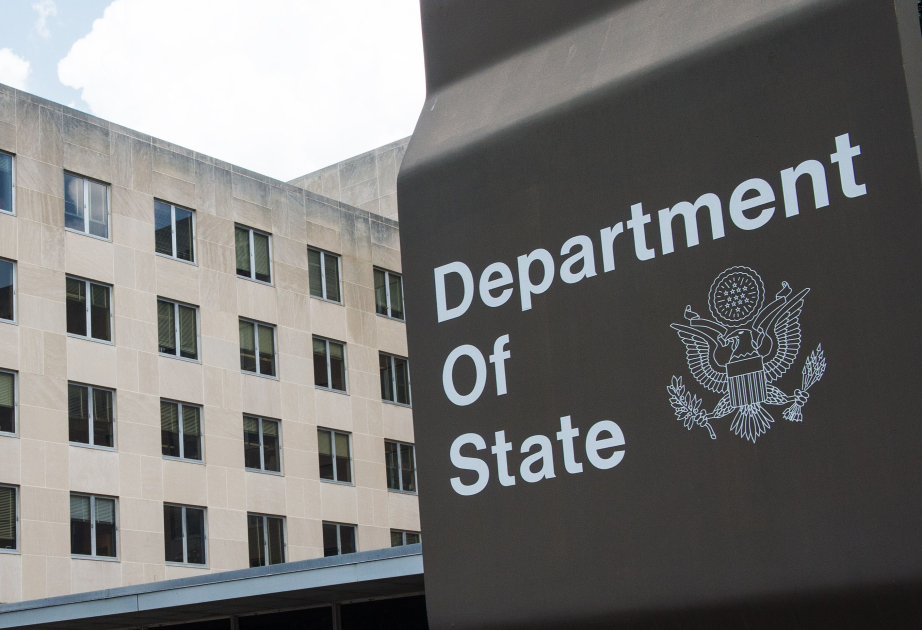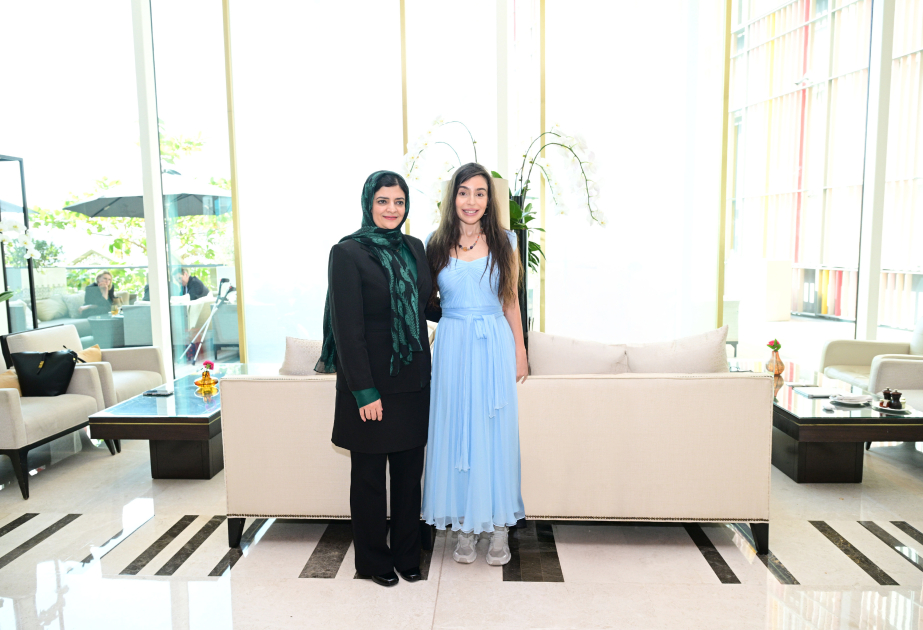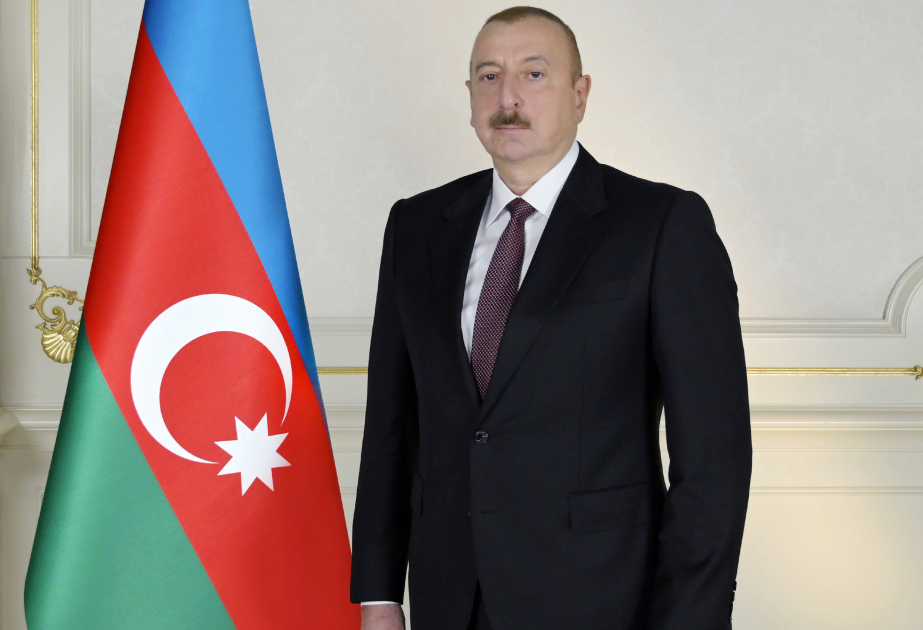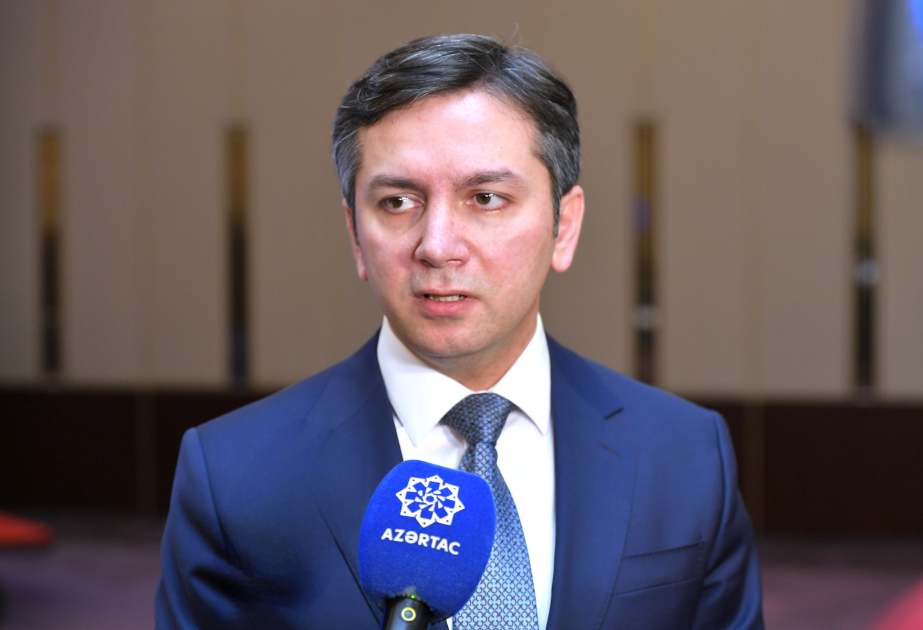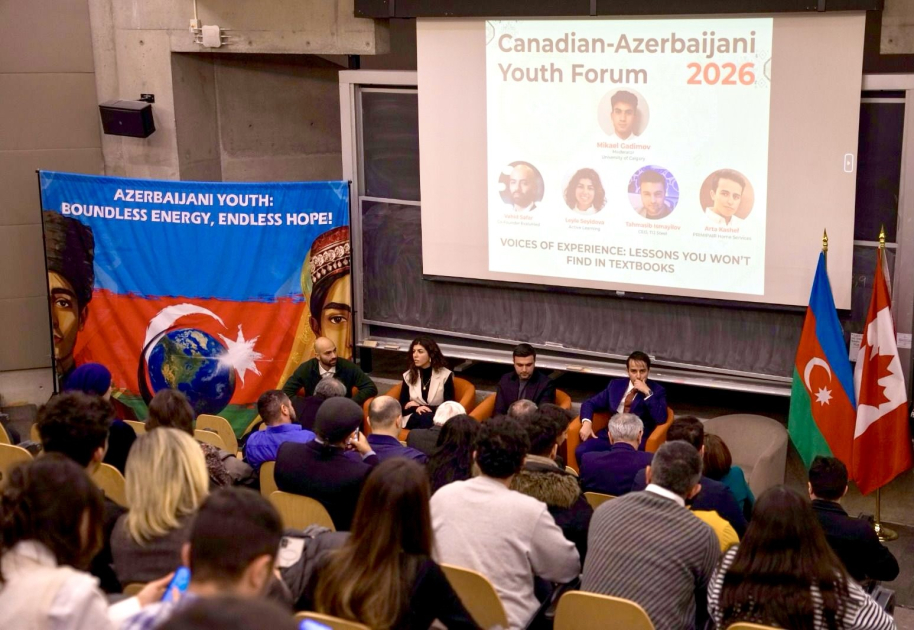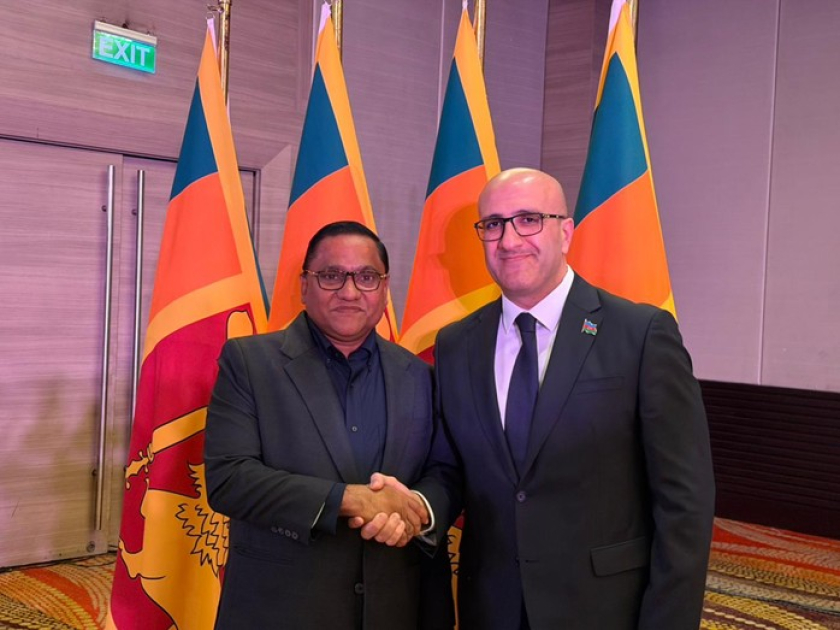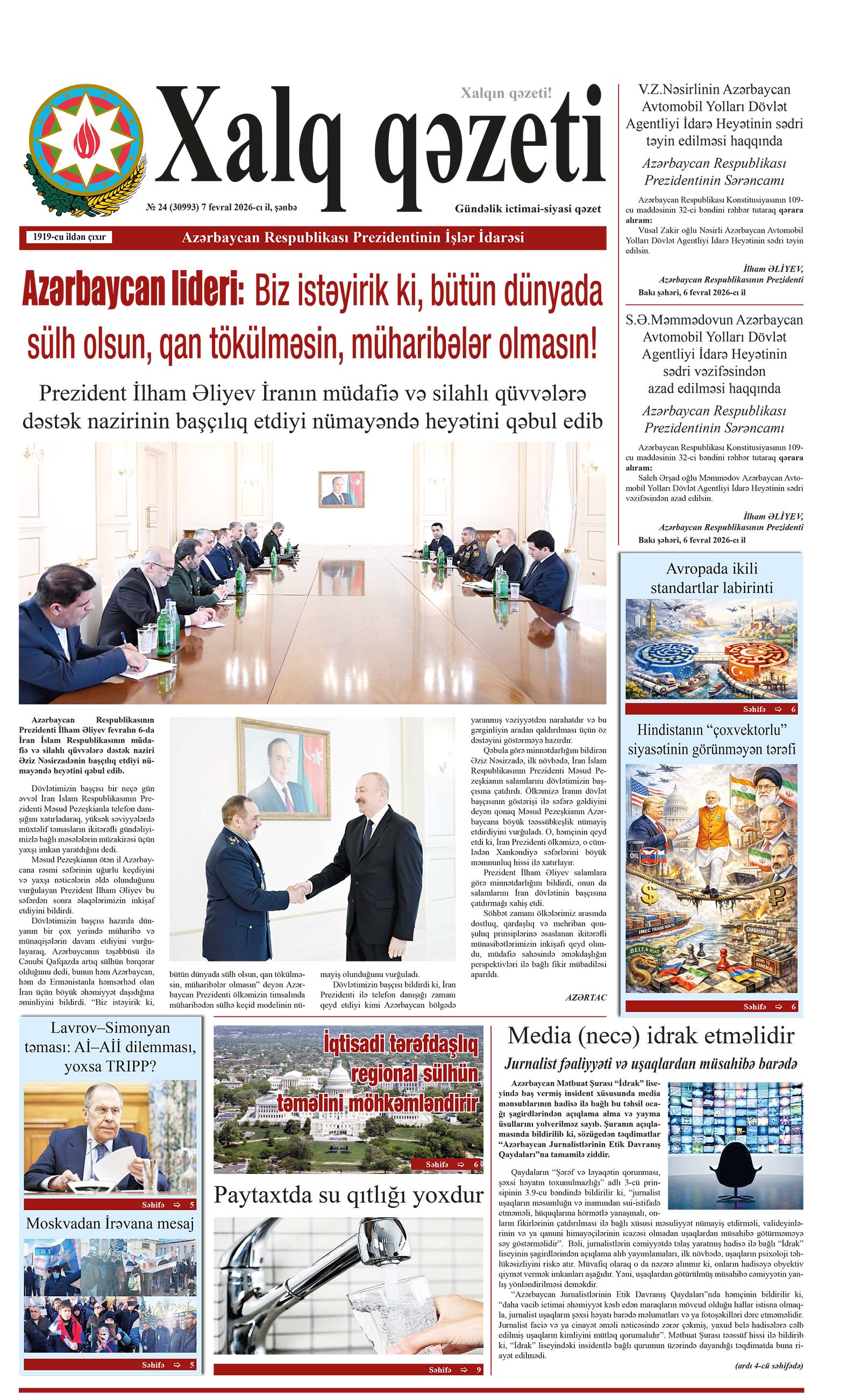Corsica, the fourth largest island in the Mediterranean Sea, has been invaded many times throughout its history. Although the island regained its freedom in 1755, the Republic of Corsica was declared there, but in 1768, it became part of France and lost its independence. Although it was annexed to France, Corsica did not stop fighting for its independence during the past period. Therefore, relations between the island and Paris have remained strained for more than two centuries, and Corsicans still hope to live apart from the mainland.
Like many countries in the West, France has a "rich" colonial history. The remnants of a once-vast colonial empire are now France's modern overseas possessions (overseas departments, communes, and special status administrative-territorial entities), of which only French Guiana is located on the mainland. Corsica is also one of the victims of French nationalism. For many years, the islanders have been trying to leave the center. But each time, Paris harshly rejects the Corsican's desire for independence and starts the repression machine.
However, the struggle continues today. After Corsica's radical organization FLNC ceased operations at the end of June 2014, the islanders have been trying to resolve the fight with Paris at the legal level. However, Paris also admits that the dialogue is at an impasse and pursues a strict policy against the separation of Corsica from the center. This is confirmed by the recent decision of the French court to ban the local language in public institutions in Corsica. Jean-Christophe Angelini, the leader of the Corsican National Party, calls the decision of the French court "injustice and shame": "This decision sounds like an insult to us." The decision was also criticized in the UN. The organization's special co-rapporteur on national minorities, Fernand de Varenne, described Paris's decision as "discrimination".
Recall that, according to supporters of independence, the Corsican language should be used at the same level as French in all areas - from television and radio to the provision of public services and the writing of laws. But Paris opposes this request, does not allow to keep their language, which is the code of national identity of Corsicans. France is following the path of the USSR, which has already turned into history.
The Soviet government also wanted to cook all the peoples in one pot and get the Soviet people. The result is known, the USSR is in the archive, and the peoples representing 15 republics are independent. Paris, who tried to cook the colonial inhabitants in a French cauldron, only to gain hatred and resentment, without looking back, walks on a dangerous path overgrown with grass. Furthermore, France's failure to accede to the Convention for the Protection of National Minorities contradicts the country's pride in human rights and democratic values. Accusing the Corsicans of dividing the country, the French authorities support separatism in several regions of the world.
In short, today France wants Corsica to give up its desire for independence. But if the Corsicans have not given up their ideas for more than 200 years, passing them down from generation to generation, it is naive to believe that they will give them up now. At least because today Corsicans do not forget the words of Pascal Paoli, whom they consider a leader: "My whole life, I must say, has been a continuous oath to freedom." The establishment of the "Nazione" movement, which was created against French colonial rule, also confirms this.
Members of the newly formed Nazione movement want independence for Corsica. However, the French government still holds two activists of the organization in prison. It must be said that the world community is indifferent to the fate of the peoples oppressed by the French bureaucracy. Although the indigenous peoples of these lands cry out about the trampling of their rights and freedoms, the world is indifferently silent. It's a contradiction, isn't it? France talks about protecting human rights when it comes to other countries, but does not follow the values within its own borders. In a word, what is happening today in French lands, where the "good" traditions of colonialism continue successfully, directly indicates the aggressive and destructive character of the state's policy. However, despite all the difficulties, Corsicans continue to fight for independence.
It is clear that one of the main factors fueling the processes taking place in the former colonial countries is a strong hatred of French imperialism. Hate is a powerful weapon, and in the hands of nations whose historical memory is full of exploitation and humiliation, it is a more terrible weapon.
S. ELAY
XQ


